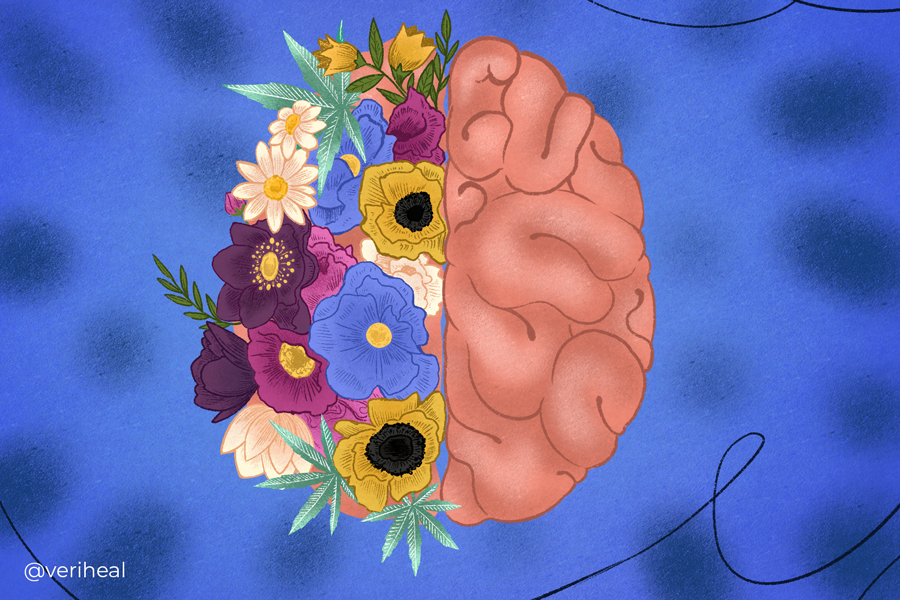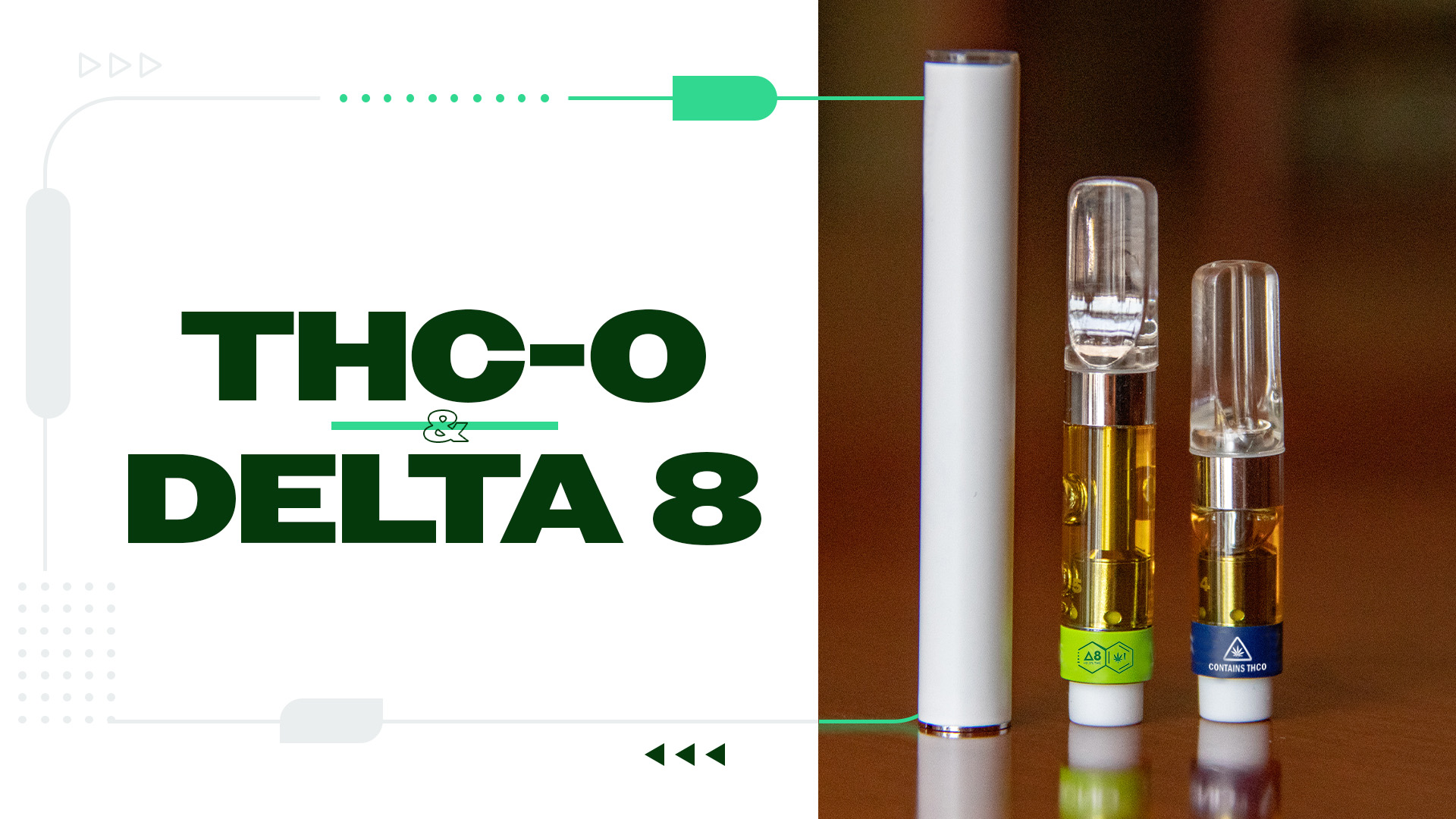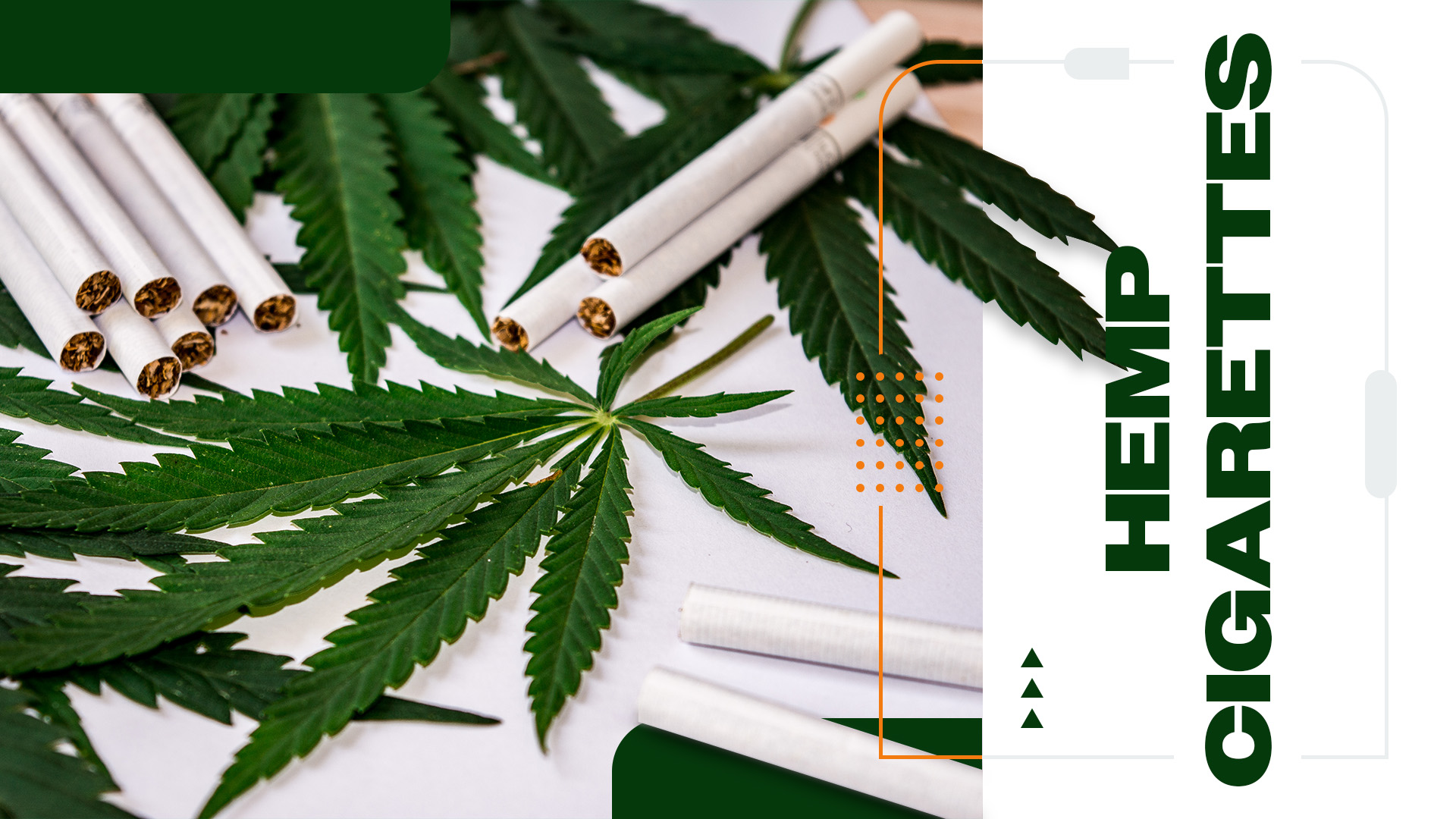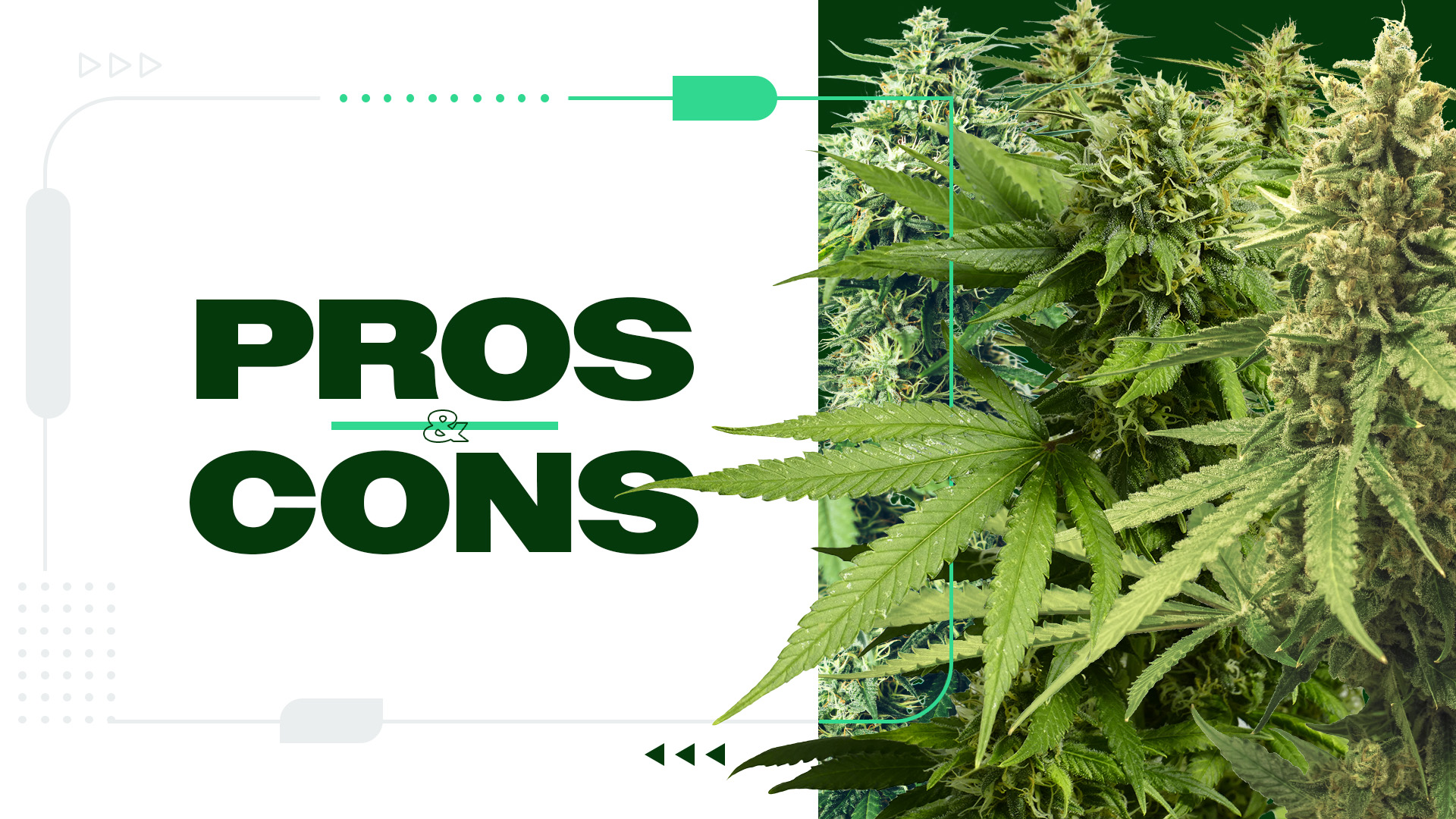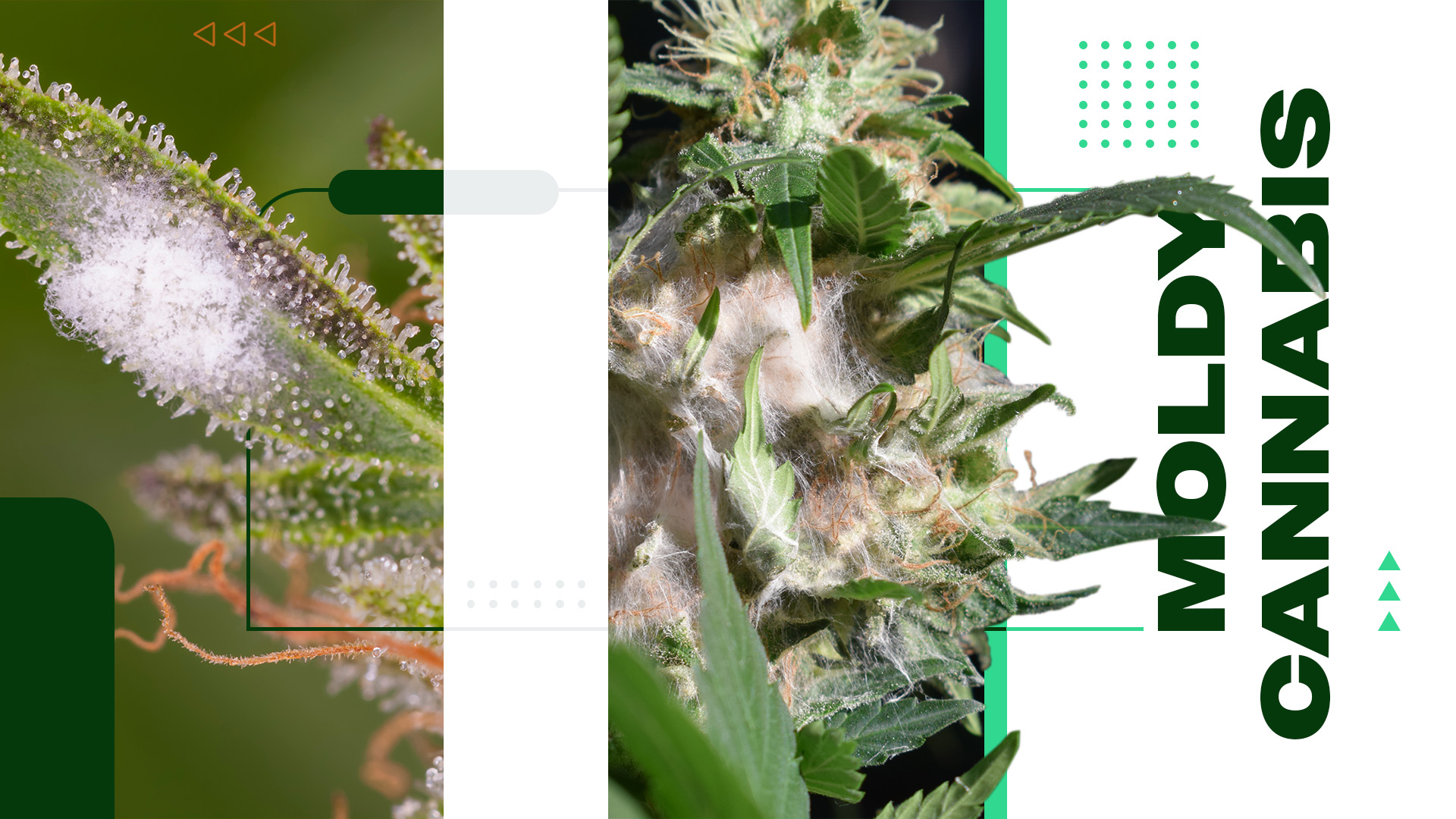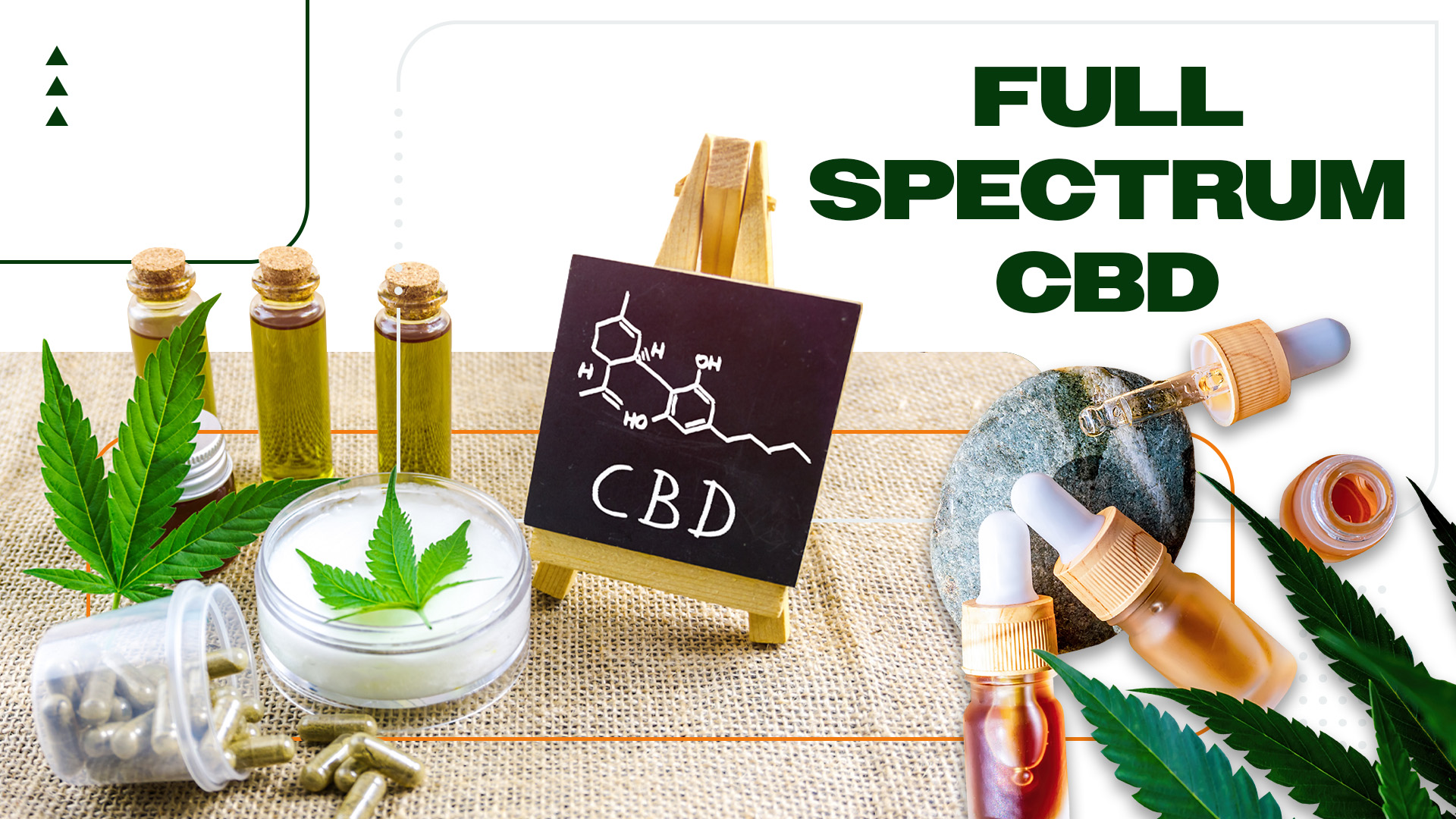The world of cannabinoids is expanding rapidly, offering a wide array of compounds–each with unique effects and benefits. Among these, THC-O and Delta-8 THC stand out as two popular options, though they differ significantly from each other.
This article takes an in-depth look into these two cannabinoids, comparing their effects, examining their legal status, and discussing how users perceive them. Whether you’re a seasoned cannabis user or new to the scene, understanding these differences can help you make informed decisions about which might suit your needs best.
What is THC-O? Exploring Chemical Structure and Synthesis
THC-O, or tetrahydrocannabinol acetate, is a synthetic cannabinoid derived from hemp. It doesn’t occur naturally in the plant. Instead, manufacturers start with CBD extracted from hemp, convert it to Delta-8 or Delta-9 THC, and then chemically alter it to add the acetyl group to further produce THC-O. This process involves an additional chemical step that transforms the compound into its final, potent form as the addition of the acetyl group allows the THC-O to be absorbed more easily.
Delta-8 THC is a cannabinoid that comes from hemp. It’s typically found in small amounts and is not directly extracted in its final form but is instead created through a chemical transformation. This process starts with CBD, where manufacturers add a specific type of acid to the CBD, which changes its molecular structure to turn it into Delta-8 THC. After this conversion, the acid is neutralized to stop the reaction. The new substance then undergoes additional purification to meet safety and quality standards.
What are the Effects of THC-O vs. Delta-8 THC?
THC-O is known for its exceptionally strong, uplifting effects, making it one of the most potent cannabinoids available—only surpassed by THC-P in strength. It’s about 6 to 8 times more potent than Delta-8 THC and approximately 3 times stronger than Delta-9 THC, the most common cannabinoid found in traditional marijuana.
Often referred to as “the spiritual cannabinoid,” THC-O is celebrated for its intense relaxing properties that can lead to deep, reflective thinking. Many users report experiencing a nearly spiritual or introspective state after using THC-O. Because of these profound effects, it has become increasingly popular among those seeking a deeper meditative experience.
Delta-8 has only been on the market for a short time but has quickly gained popularity due to its unique uplifting effects. Similar to Delta-9 THC, Delta-8 offers relaxing and mood-enhancing benefits that can help soothe an active mind, making it perfect for unwinding during evenings and weekends. However, its effects are generally less intense, which makes it an appealing option for those seeking gentler benefits and fewer side effects.
On the other hand, THC-O is significantly more potent than Delta-8, so if you’re used to the effects of Delta-8 and are trying THC-O for the first time, it’s wise to start with a smaller dose. The intensity of THC-O’s effects can be much more pronounced.
Why You Should Get Your Medical Marijuana Card
Veriheal has satisfied millions of patients nationwide by giving them access to these benefits
- Larger purchase limits
- Peace of mind
- Enhanced legal protection
- Access to higher potency strains
- Save up to 25% on cannabis purchases
- Skip the line at the dispensary
Additionally, the types of effects experienced with these two cannabinoids can differ quite a bit. Delta-8 typically provides calming and relaxing benefits that can help soothe an active mind. In contrast, THC-O offers deeper, more introspective effects, often described as profound or enlightening.
Many users prefer Delta-8 because it provides a strong, positive feeling without as much risk of paranoia or anxiety, which can sometimes occur with stronger cannabinoids.
What is the Main Difference Between THC and THC-O?
THC-O and regular THC (often just referred to as THC) differ significantly in their origins and effects. THC occurs naturally in the cannabis plant and is well-known for its psychoactive properties. In contrast, THC-O is an artificial version of THC, created by adding acetate groups to THC molecules. This process of chemical modification is innovative, but it changes how THC-O interacts with the body.
The added acetate group in THC-O prevents it from initially binding to the brain’s receptors that typically produce the “high” associated with THC. However, this modification also allows THC-O to penetrate cells and the brain more effectively. Once inside the brain, the acetate group is meant to detach, allowing the THC to activate the usual receptors.
However, the research on THC-O is still quite limited. One concern is that if the acetate group does not detach properly, it could remain in the body, potentially leading to harmful effects. This highlights the need for caution and further study into the use and impacts of THC-O.
THC-O vs. Delta-8: Which is Legal?
It is important to know that laws regarding THC-O and Delta-8 THC in the United States can be complex and vary by state. As of 2023, THC-O has been declared illegal at the federal level because it consists of a synthetic cannabinoid, which violates the 2018 Farm Bill. This legislation allows only natural cannabinoids derived from hemp, not synthetically altered ones.
On the other hand, legally, Delta-8 THC remains legal due to a loophole in the regulation. Despite also being synthesized from CBD in the lab, the cannabinoid is naturally occurring, which separates it from THC-O. This has led to a patchwork of state laws where Delta-8 may be legal in some places and restricted in others. Additionally, it’s important to note that both THC-O and Delta-8 THC can cause a positive result on a drug test, so make sure to use caution if you know you have a test coming up.
Final Thoughts
THC-O and Delta-8 THC represent two fascinating facets of cannabinoid science, each with distinct characteristics and effects. As the cannabis industry continues to evolve, it’s crucial for consumers to stay informed about the legal statuses, potential health implications, and scientific developments related to these cannabinoids. Understanding these aspects can help users make more informed decisions and navigate cannabis use responsibly and legally.
Note: The content on this page is for informational purposes only and is not intended to be professional medical advice. Do not attempt to self-diagnose or prescribe treatment based on the information provided. Always consult a physician before making any decision on the treatment of a medical condition.
Author, Share & Comments






